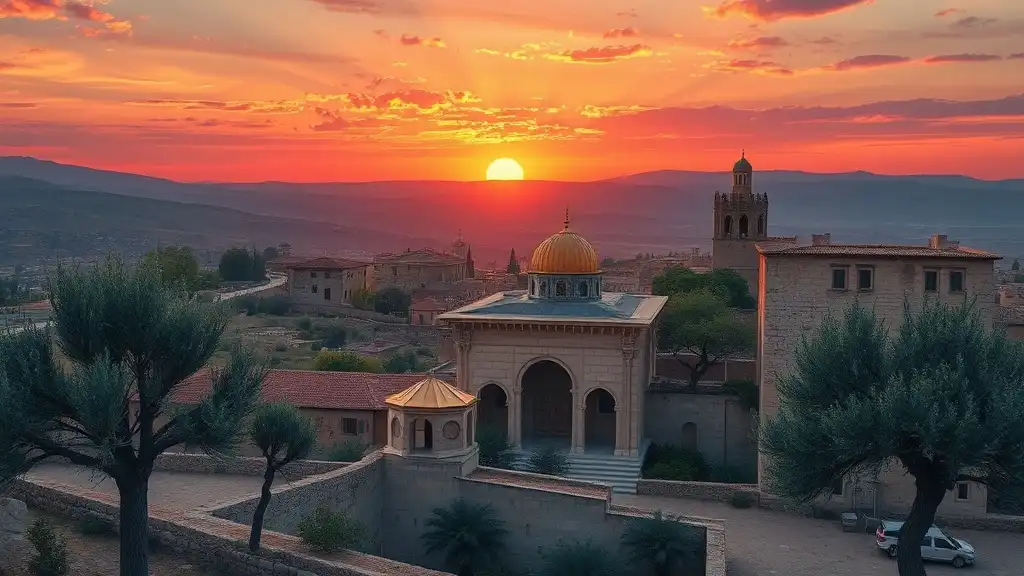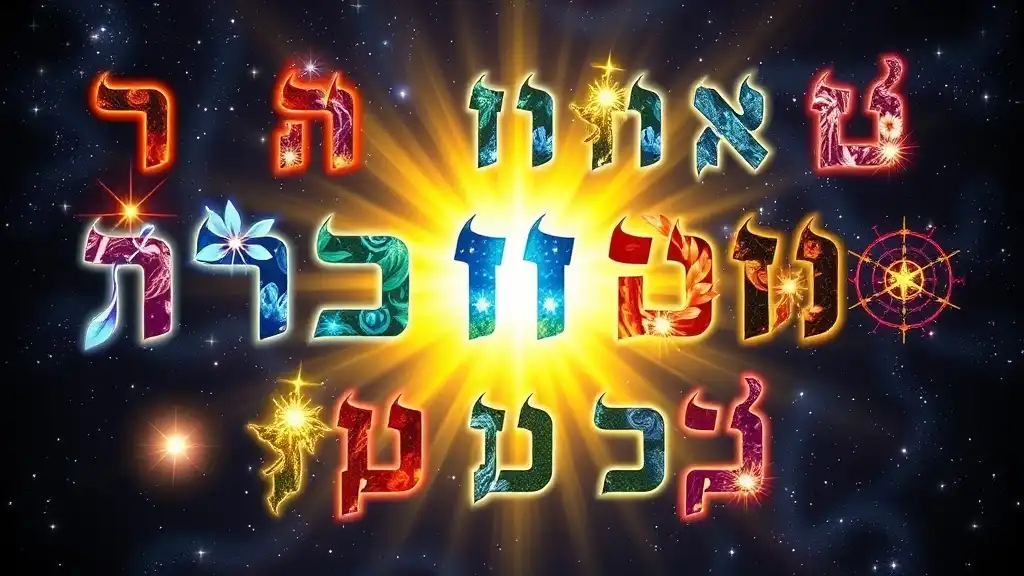Overview of Hebron
Hebron is a city deeply rooted in ancient history and spirituality. Located in the southern West Bank, it is one of the oldest continuously inhabited cities in the world. Its significance transcends geography, making it a vital symbol in the spiritual lexicon of Judaism, Christianity, and Islam.
Importance in Spiritual Context
The spiritual essence of Hebron is reflected in its rich historical tapestry and its profound connection to faith traditions. It is here that many key biblical narratives unfold, offering believers a place to explore their faith and connection to God. As we delve into Hebron’s spiritual meaning, we uncover layers of significance that resonate deeply with individuals seeking higher understanding and connection.
Historical Background of Hebron
Ancient Significance
The history of Hebron dates back thousands of years, and it holds a unique position in the biblical narrative. According to scriptures, it is the city where Abraham, the patriarch, settled after his journey. It is known as a place of divine promise, as God promised Abraham that his descendants would inherit the land.
Hebron in Religious Texts
Hebron is prominently featured in several religious texts. In the Hebrew Bible, it is called Kiriath Arba, named after the legendary figure Arba. The city also plays a crucial role in the life of King David, who made Hebron his first capital before moving to Jerusalem. In the Qur’an, Hebron is recognized as a holy city, linking the traditions of Islam closely to those of Judaism and Christianity.

Spiritual Meaning of Hebron
Connection to Faith and Belief Systems
For Judaism
In Jewish tradition, Hebron is regarded as a sacred site where the Tomb of the Patriarchs stands. This site is believed to be the burial place of Abraham, Isaac, Jacob, Sarah, Rebecca, and Leah, making it one of the holiest places in Judaism. The tomb symbolizes Jewish heritage, ancestry, and the heart of the covenant between God and His people.
For Christianity
Christians view Hebron as a significant location associated with biblical figures, emphasizing the continuity of faith from the Old Testament to the New Testament. It represents a point of connection with the ancestry of Jesus Christ. The stories of faith that unfold in Hebron inspire believers to reflect on their spiritual lineage and God's enduring promises.
For Islam
In Islam, Hebron is known as Al-Khalil, meaning "the Friend" in reference to Abraham, who is seen as a prophet and a significant figure in Islamic teachings. The spiritual heritage shared by these three faiths underscores the universal themes of love, faith, and the divine promise of lands and lives committed to God.
Symbolism of Hebron
The Land of Promise
Hebron symbolizes the land of promise, a location where deep spiritual truths are revealed. It reflects the essence of hope and faith in God's assurances. Believers often look to Hebron as a reminder that the promises made by God, though sometimes tested, are steadfast and true.
Place of Ancestral Heritage
Hebron is viewed as a vital connection to one’s roots. It serves as a reminder of the shared ancestry among the three major monotheistic religions, inviting followers to embrace their heritage while recognizing shared values and beliefs.

Personal Spiritual Practices Related to Hebron
Meditation and Reflection
Hebron offers countless opportunities for personal meditation and reflection. Visitors often take a quiet moment at sites such as the Tomb of the Patriarchs to contemplate their spirituality and seek inner peace. This practice helps deepen one’s connection with history, family, and faith.
Pilgrimage and Visits
Historical Sites in Hebron
Many pilgrims visit Hebron to witness its historical and spiritual sites firsthand. The Tomb of the Patriarchs, a UNESCO World Heritage Site, is at the heart of these visits. Pilgrimage to Hebron is not only a journey through space but also a journey through time and faith.
Spiritual Rituals
Along with exploring historical sites, many engage in spiritual rituals specific to their faith traditions. These rituals may include prayer, meditative readings, or communal gatherings, fostering a sense of community among visitors and the local population.
Connecting with the Divine
Prayer Practices
Prayer in Hebron is deeply rooted in the belief of encountering the divine. Believers may choose to offer prayers at significant sites, feeling the weight of history and faith enveloping them. This communion with the sacred allows individuals to express their hopes, dreams, and supplications.
Community Gatherings
Hebron serves as a spiritual gathering place where individuals and communities come together to celebrate their faith. These gatherings can reinforce community bonds and enhance spiritual understanding, allowing for shared experiences of worship and learning.

Contemporary Spiritual Perspectives
Hebron in Modern Spirituality
In modern spirituality, Hebron is often revisited as a source of inspiration and insight. Many spiritual seekers find value in the lessons of endurance, faith, and promise that emanate from the city. It has never been more relevant to re-examine its teachings in an increasingly polarized world.
The Role of Hebron in Interfaith Dialogue
Hebron stands as a living testament to interfaith dialogue. It represents the shared heritage and bridging of differences among Judaism, Christianity, and Islam. Spiritual leaders from various backgrounds are increasingly engaging in discussions, emphasizing common values and the importance of coexistence rooted in mutual respect and understanding.

Conclusion
Hebron emerges as a multifaceted symbol of spirituality, offering profound insights into our connectedness with the past, present, and future. Its historical significance and spiritual teachings continually inspire individuals to explore and deepen their own spiritual journeys. As we embrace the lessons found in Hebron, we are encouraged to reflect on our own lives and how we cultivate our personal connections with the divine.



















